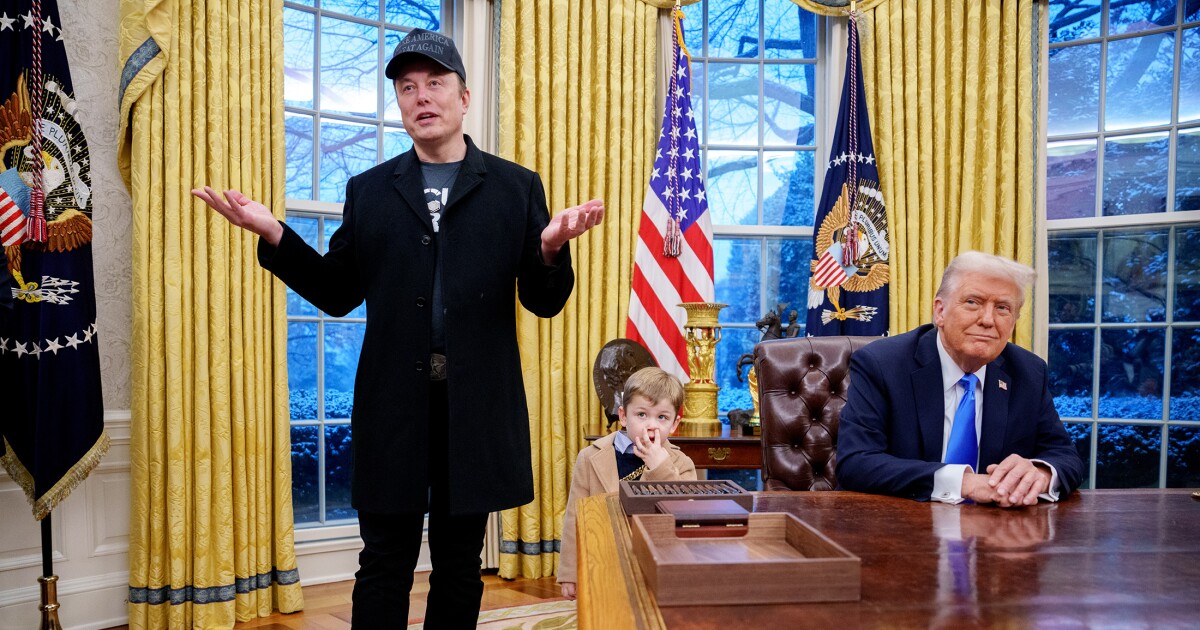The White House today issued an executive order formally creating a Strategic Bitcoin Reserve as well as a U.S. Digital Asset Stockpile.
The reserve will treat bitcoin, the first and most popular blockchain-based cryptocurrency, as a reserve asset. It will be capitalized with tokens owned by the Department of Treasury that was forfeited as part of criminal or civil asset forfeiture proceedings. Other agencies, such as the FBI, will evaluate their legal authority to transfer any bitcoin owned by those agencies to the Strategic Bitcoin Reserve. The administration said that the U.S. will not actually sell these bitcoins, as they would act as a store of reserve assets. The executive order authorizes the Secretaries of Treasury and Commerce to develop budget-neutral strategies for acquiring additional bitcoin, provided that those strategies impose no incremental costs on American taxpayers.
The U.S. Digital Asset Stockpile, meanwhile, will consist of digital assets other than bitcoin owned by the Department of Treasury that was forfeited in criminal or civil asset forfeiture proceedings. Versus the bitcoin reserve, the government will not acquire additional assets for the U.S. Digital Asset Stockpile beyond those obtained through forfeiture proceedings. Also unlike the bitcoin reserve, the Secretary of the Treasury may determine strategies for responsible stewardship, including potential sales from the U.S. Digital Asset Stockpile.
The executive order also says that agencies must provide a full accounting of their digital asset holdings to the Secretary of the Treasury and the President’s Working Group on Digital Asset Markets.
The administration justified the decision by saying that, with a fixed supply of 21 million coins, there is a strategic advantage to being among the first nations to create a Strategic Bitcoin Reserve, though it did not elaborate. It also said that the government currently holds a significant amount of bitcoin but has not maximized its strategic position as a unique store of value in the global financial system. It decried $17 billion worth of what it called “premature” sales of bitcoin. It also pointed out that there has not been a centralized policy for managing digital asset reserves held by the government, so right now holdings are scattered throughout different departments.
“Taking affirmative steps to centralize ownership, control, and management of these assets within the Federal government will ensure proper oversight, accurate tracking, and a cohesive approach to managing the government’s cryptocurrency holdings. This move harnesses the power of digital assets for national prosperity, rather than letting them languish in limbo,” said the executive order.
Dr. Sean Stein Smith, a Lehman College accounting professor who is also chair of the Accounting Working Group in the Wall Street Blockchain Alliance, said that while the executive order only sets up a framework for now, there will be significant implications further down the road. One possibility is an increased emphasis on crypto audits, as David Sack, AI and Crypto Czar, stated multiple times that one of the first pieces of business to move the E.O. forward would be to conduct on audit of current U.S. holdings. With buy-in from the Executive branch, and the emphasis on the importance of crypto audits, said Smith, the profession has an opportunity to expand efforts to standardize the currently disparate crypto audit practices.
Another impact will be client FOMO, as people may reason “after all if it is good enough for the U.S. government it should be good enough for me?” It will be especially important for accountants to educate clients about the risk and opportunities of crypto investments as well as to provide advisory services to those clients interested in integrating crypto into operations.
“In short the E.O. establishing an SBR and digital asset stockpile are set to further propel interest in crypto investments and utilization at clients of all sizes. The emphasis on high quality crypto audits, internal control and advisory opportunities as more investors (retail and institutional) potentially move into the sector, and the inevitable tax issues that will arise as a result all present opportunities for the profession,” said Smith in an email.


 Economics1 week ago
Economics1 week ago
 Accounting1 week ago
Accounting1 week ago
 Blog Post4 days ago
Blog Post4 days ago
 Economics1 week ago
Economics1 week ago
 Personal Finance1 week ago
Personal Finance1 week ago
 Economics6 days ago
Economics6 days ago
 Personal Finance1 week ago
Personal Finance1 week ago
 Finance1 week ago
Finance1 week ago












